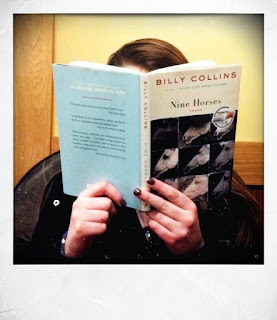(Note: I’m going to
assume that you’ve read Pride and
Prejudice. If you haven’t, go do it. I’ll wait.)
Our brains don’t stop
developing when we turn eighteen. The rest of our bodies have mainly matured to
adulthood by then, but our brains don’t reach adulthood until we are twenty
five or so. I thought of that a lot when I first started rereading Pride and Prejudice. The last time I
read it, I had an adolescent brain.
It has been twenty
six years since I last read Pride and
Prejudice, and I find myself constantly wondering as I read it again, “What
could I possibly have gotten out of this last time I read this? I was such a
child.” I’m sure I got a lot out of it, but it feels like I must have been deaf
to a lot that Austen does in the novel. It’s the old puzzle of when we finally
arrive and become our true selves. It feels like we are now our true selves,
but in ten years, or twenty six, we will look back and think that we were babes
in the woods, complete innocents who were incapable of deeply understanding
complex issues and layered works of literature.





